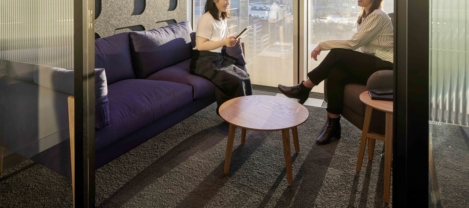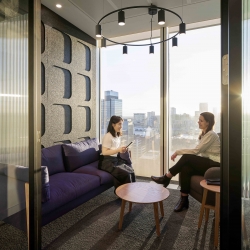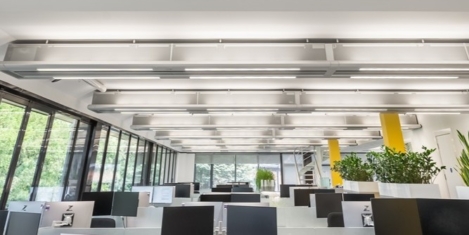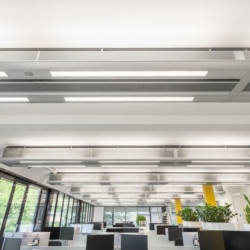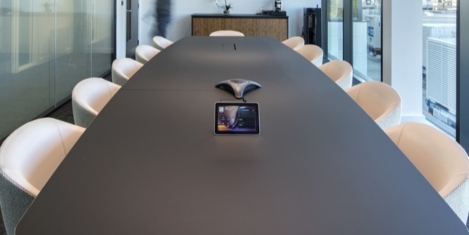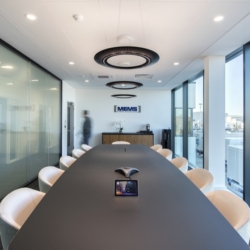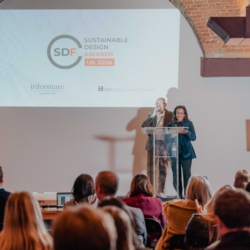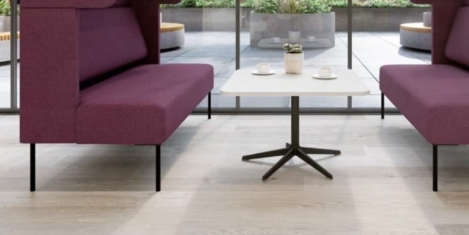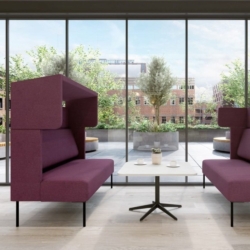September 29, 2025
Text to video GenAI will help drive energy consumption of OpenAI to same level as India
 A new study has raised concerns about the energy consumption of text-to-video (T2V) models, warning that the technology could become one of the most power-intensive forms of artificial intelligence yet developed. The research coincides with reports from within OpenAI that the firm’s energy consumption will match the current energy use of India within 8 years. The paper, Video Killed the Energy Budget: Characterizing the Latency and Power Regimes of Open Text-to-Video Models, published on the open research platform arXiv, presents a detailed analysis of the power usage of advanced open-source video generation systems. Conducted by researchers Julien Delavande, Régis Pierrard and Sasha Luccioni, the study benchmarks several models and quantifies the way in which video generation consumes energy. (more…)
A new study has raised concerns about the energy consumption of text-to-video (T2V) models, warning that the technology could become one of the most power-intensive forms of artificial intelligence yet developed. The research coincides with reports from within OpenAI that the firm’s energy consumption will match the current energy use of India within 8 years. The paper, Video Killed the Energy Budget: Characterizing the Latency and Power Regimes of Open Text-to-Video Models, published on the open research platform arXiv, presents a detailed analysis of the power usage of advanced open-source video generation systems. Conducted by researchers Julien Delavande, Régis Pierrard and Sasha Luccioni, the study benchmarks several models and quantifies the way in which video generation consumes energy. (more…)










